`
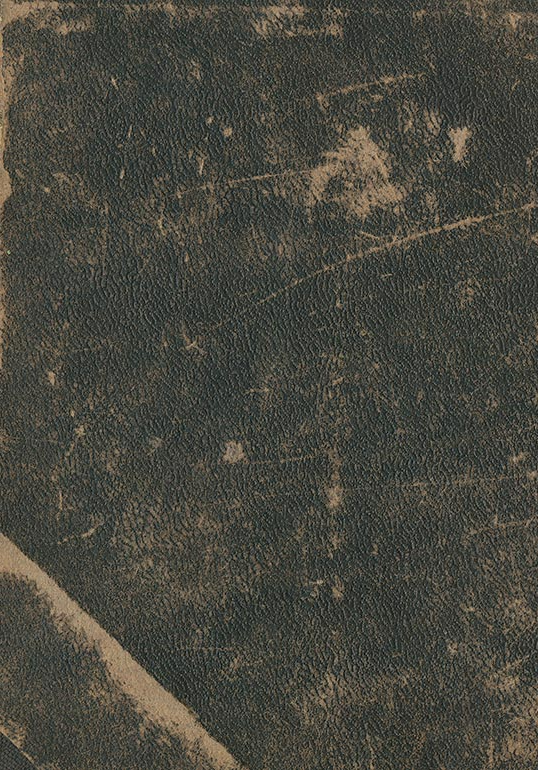
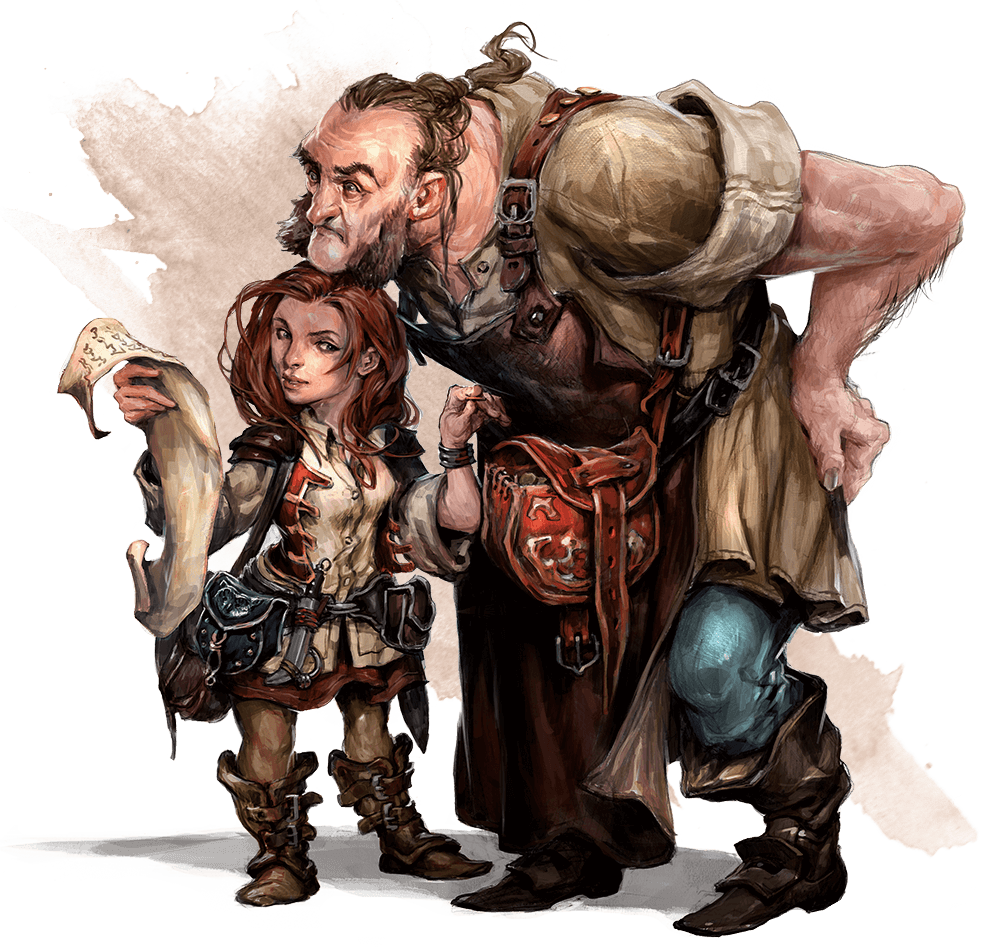
Table Of Contents


Accruing Downtime
Your currently active character can begin collecting downtime after you register your character sheet. After registering you earn 1 downtime day for every real-time day that passes since you registered. Downtime can be used for a number of things outside of doing quests. Some of these depend on the proficiencies of your character. There are two suggested ways to keep track of your downtime.
Keeping Track of your Downtime
Once your character is registered you need to keep track of your downtime so that you can use it later. Once you register your sheet you may use
!downtime I have registeredin the downtime usage channel to begin tracking downtime.
Using Downtime
You can use downtime to perform a number of activities to benefit your character and others. In order to perform these downtime activities you need to adhere to the rules related to that activity. Below is a description of each activity rule and how to handle it when spending your downtime.
Requirements
Most downtime activities are only available to a character if they are proficient with the relevant tools or skills. If a downtime activity requires anything it will be listed in this section otherwise everyone may perform that downtime activity.
Resources
There may also be an additional cost in the form of gold, materials, or additional downtime when performing a specific activity.
Cost Reduction
When more than one feature reduces the downtime time or gold cost of a downtime activity, You may only choose one to apply except for the discount for consumable items. You may use different discounts for downtime time and gold cost.
Resolution
Certain activities can grant you additional gold, skills, items, or information. When spending downtime on an activity you must follow the instructions given in this section for each day spent. The basic resolution is only available to you and cannot be given to other characters unless the resolution results in items or gold which follows the normal trade rules.
Contract Work
You cannot purchase a downtime day itself but you can hire other adventures to perform tasks for you for an agreed upon price. Each downtime activity will have a section labeled Contract Work if that activity is able to be purchased. Prices of services depend on the two parties involved and can change based on the nature of the work. Either party can contribute downtime days towards the completion of the work only if they meet the requirements listed for that activity.
Prequest Downtime Activity
An adventurer could be doing any number of things before an adventure starts. Let your DM know what your character is doing before a quest begins to assist with the narrative and possibly give yourself a small boost.
Most of these actions only require 1 downtime day but can give you an edge in your next quest. Any resources or resolution for taking an action before a quest will be listed in the section along with any checks to make if any are needed.
If no cost is mentioned for a prequest activity it is assumed to only cost 1 downtime day.
Prequest activities should be decided before the quest starts, you should not be holding up the group by figuring out what you want to spend your activity on.
The DM has the right to refuse your prequest activity if it doesn't fit their quest plans or if they do not want to complicate the quest start.


Tool Checks
If an activity calls for a "tool check" you may have a choice of which ability to use, depending on the tool. Consult the table below for which ability may be used which which tool. Your tool check modifier is the associated ability's modifier plus your proficiency bonus, if proficient in that tool.
| Tool | Available Abilities |
|---|---|
| Alchemist’s supplies | Int |
| Brewer’s supplies | Int or Wis |
| Calligrapher's Supplies | Dex or Cha |
| Carpenter’s tools | Str or Int |
| Cartographer’s tools | Int or Wis |
| Cobbler’s tools | Dex or Int |
| Cook’s utensils | Int or Wis |
| Disguise Kit | Wis or Cha |
| Forgery Kit | Dex or Int |
| Gaming set | Int or Cha |
| Glassblower’s tools | Dex or Wis |
| Herbalism Kit | Int or Wis |
| Jeweler’s tools | Wis |
| Leatherworker’s tools | Dex or Wis |
| Mason’s tools | Str or Int |
| Musical instrument | Cha |
| Navigator’s tools | Int or Wis |
| Painter’s supplies | Dex or Cha |
| Poisoner's Kit | Int or Wis |
| Potter’s tools | Dex or Wis |
| Smith’s tools | Str or Con |
| Thieves’ tools | Dex |
| Tinker’s tools | Int |
| Weaver’s tools | Dex or Wis |
| Woodcarver’s tools | Dex or Wis |
“He who works with his hands is a laborer.
He who works with his hands and his head is a craftsman.
He who works with his hands and his head and his heart is an artist.”
― Saint Francis of Assisi
Racial Features
What bonuses can you use on the ability checks? In general only features that could affect you for several hours are applicable.
-
Expert Forgery - Advantage on any check utilizing the forgery kit.
-
Powerful Build - Advantage on any Athletics checks used for the Work downtime.
-
Shapechanger - Advantage on any check utilizing the disguise kit.
-
Tireless Precision. Yes.
Class Features
-
Artisan's Blessing - Using this ability for any relevant activity allows you to remove the downtime cost for a recipe that costs 100 gp or less
-
Barbarian Rage - No
-
Barbarian Persistent Rage - No, until level 20.
-
Bardic Inspiration - No
-
Enhance Ability - No
-
Fabricate - Using this spell for any relevant activity allows you to cut the downtime cost in half (rounded down)
-
Fire Rune - Counts as expertise.
-
Guidance - No
-
Help Action - No
-
Magic Item Adept - Each day the Artificer spends crafting a magic item with a rarity of common or uncommon counts for quadruple, and each gold coin counts for 2
-
Master Scrivener - Each day the Wizard spends crafting spell scrolls counts for double, and each gold coin counts for 2
-
Peerless Skill - No
-
Portent - No
-
Reliable Talent - Yes
-
Umbral Sight - Advantage on any Dexterity (Stealth) check.
-
Wizardly Quill - Scribe Wizards do not need to spend Downtime days to copy spells, but must still spend the requisite gold.
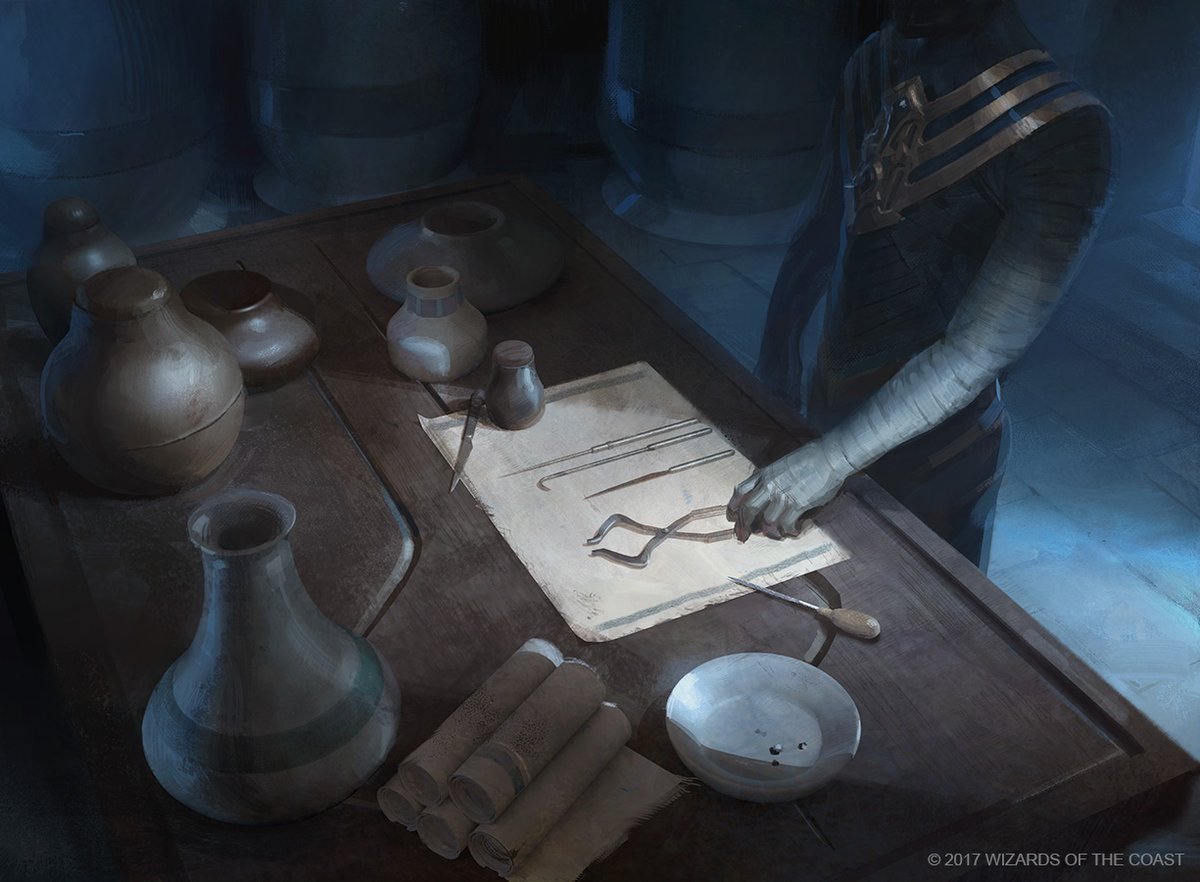



Background Features
Certain backgrounds can effect downtime activities. You may use this bonus only if you have the relevant background and exchanged no more than 1 of the proficiency for another.
Acolyte
Shelter the Faithful - You have advantage on the resolution check for the Worship activity.
Anthropologist
Adept Linguist - When performing the Research activity regarding a language, culture or tradition, you have advantage on the investigation check. You may reduce the gold cost of Tool and Skill Training when learning a language by 25% (rounded down).
Archaeologist
Historical Knowledge - When performing the Research activity regarding a ruin, dungeon or relic, you have advantage on the investigation check.
Athlete
Echoes of Victory - Same benefit as Gladiator
Augen Trust (Spy)
Spy Contact - Same benefit as Criminal (Spy)
Charlatan
False Identity - Of the four checks made for the Thieving and Crime activity, you only make 3 and your first success counts twice.
City Watch
Watcher's Eye - When performing the Research activity regarding a humanoid creature, criminal activity or criminal organisation, you have advantage on the investigation check.
Clan Crafter
Respect of the Stout Folk - You may reduce downtime costs for the Blacksmithing activity by 25%, rounded down. The gold cost remains the same. Gold costs for Brewing activity are halved.
Cloistered Scholar
Library Access - Same benefit as Sage
Cobalt Scholar (Sage)
Researcher - Same benefit as Sage
Criminal
Criminal Contact - Of the three checks made for the Thieving and Crime activity, the first success counts twice.
For the Gambling activity, the maximum bet for you is 1,500 gold instead of 1,000.
Criminal (Spy)
Spy Contact - You may reduce the gold cost of the Poisoncraft activity by 25% (rounded down).
Entertainer
By Popular Demand - For the Work activity, you may divide by 2 instead of 3 for the resolution. If able to, you may roll with advantage for the Worship activity.
Feylost
When performing the Research activity regarding Fey, Feywild, Enchantment Magic or Nature you have advantage on the investigation check. You may use Charisma (Persuasion) check instead of a Intelligence (Investigation) when doing the research activity.
Fisher
Harvest the Water - You have advantage on the intelligence or wisdom check to cook with the Cooking activity.
Folk Hero
Rustic Hospitality - For the Work activity, you may divide by 2 instead of 3 for the resolution. Tool and Skill Training only costs 20% less gold for you.
Grinner
Ballad of the Grinning Fool - Same benefit as Entertainer
Gladiator
By Popular Demand - When doing the Pit fighting activity, if you have at least one success than you get an addition one for free.
Guild Artisan
Guild Membership - For any downtime activity that lists your artisan tools as a requirement, every four downtime days the Guild Artisan spends crafting counts for five days. The gold cost remains unchanged.



Haunted One
Heart of Darkness: When performing the Research activity regarding an Aberration, Monstrosity, Curses or Undead you have advantage on the investigation check.
Hermit
Discovery: When performing the Research activity regarding the cosmos, the deities, the powerful beings of the outer planes, or the forces of nature, you have advantage on the investigation check. You may use make an Wisdom (Insight) check instead of a Intelligence (Investigation) when doing the Research activity.
Inheritor
Inheritance - Same benefit as Folk Hero
Investigator
Official Inquiry - Same benefit as City Watch
Knight of the Order
Knightly Regard - Same benefit as Soldier
Marine
Steady - Same benefit as Soldier
Mercenary Veteran
Mercenary Life - Same benefit as Soldier
Myriad Operative (Criminal)
Criminal Contact - Same benefit as Criminal
Noble
Position of Privilege - You can add double your proficiency to your roll for Carousing if you pay an additional 50 gp (80 gp total).
Outlander
Wanderer - Same benefit as Fisher
Pirate
Bad Reputation - For the Carousing, they cannot be jailed or fined.
Sage
Researcher - When performing the Research activity regarding other planes, magic or astronomy, you have advantage on the investigation check. Any gold costs for Research activity are halved.
Shipwright
I'll patch it! - When crafting a ship you may reduce the final downtime cost by 25% (rounded down). The gold cost remains unchanged.
Smuggler
Down Low - Same benefit as Criminal
Soldier
Military Rank - You gain 100 experience per day spent performing the Intensive Training activity as contract work.
Urban Bounty Hunter
Ear to the Ground - When performing the Research activity regarding a humanoid creature, shapeshiftier or bounty, you have advantage on the investigation check. You may use make an Charisma (Intimidation) check instead of a Intelligence (Investigation) when doing the research activity.
Urchin
City Secrets - Same benefit as Charlatan
Waterdhavian Noble
Kept in Style - Same benefit as Noble
Witchlight Hand
Carnival Fixture - For the Work activity, you may divide by 2 instead of 3 for the resolution. For the Gambling activity, the maximum bet for you is 1,500 gold instead of 1,000.


Alchemy and Potion Crafting
A character can practice alchemy in their downtime by crafting useful concoctions such as potions, acid, or alchemist's fire.
Requirements:
Proficiency in Herbalism or Alchemist kits, which ever you use the Item must be within your inventory
In order to brew a potion you must have taken an hour to examine the item or cast the spell Identify on it, in order to know how you can replicate it. Homebrew Items cannot be crafted unless otherwise stated
Resources:
You'll also need an amount of gold and downtime days depending on the rarity of the item.
Crafting powerful magical items requires materials and crafting methods that gold alone cannot purchase such things must be quested for. Some items require one or more quests to gain such materials.
| Rarity | Days | Base Cost | Min Level | Quests |
|---|---|---|---|---|
| Common | 2 | 50 gp | 3 | |
| Uncommon | 10 | 250 gp | 3 | |
| Rare | 25 | 2,500 gp | 5 | |
| Very Rare | 35 | 12,500 gp | 9 | 1 |
| Legendary | 50 | 25,000 gp | 17 | 2 |
Resolution: Make a number of d20 checks equal to the total number of days needed. Add your proficiency to each roll and calculate how many fail a DC16. If you have expertise in the relevant tool set, you may add your proficiency bonus twice to each roll and calculate how many fail a DC16.
For each failed check the downtime and gold cost are increased by 1 day and 25 gp (you do not roll additional d20's for these days).
If you do not have enough downtime or gold to cover the increased cost you may pay the costs at a later time (you do not complete the item until costs are paid).
Contract Work: You can help other players brew potions. The downtime and gold cost may be split in whatever way you wish.
If the downtime is split evenly between all players, the crafter may add your proficiency to the rolls they make. If it cannot be split evenly, the excess day may be taken from any of the participants. The total number of days should add up to the original number. If a person has expertise in relevant tool, you may add their proficiency bonus twice.
Brewing a potion with contracted work is generally the best way to craft magic items and can remove the need to make the checks entirely.
Prequest Action: Your character can spend the night before a quest preparing potions.
You can take an Uncommon or Common (non-homebrew) potion and split it into a number of smaller but just as potent temporary doses (and lose the potion in the process). The total number of temporary potions you may break it into 2 doses.
Blacksmithing
Smithing lets you use your downtime to work metal, heating it to alter its shape, repair damage, or work raw ingots into useful items.
Requirements: Smith’s Tools and proficiency in them.
In order to craft a copy of an item you must have seen and examined the item beforehand.
Resources: Raw materials worth half of the item (or items) selling cost and a number of downtime days equal to its gold cost divided by: your Smith's tools modifier or 5, whichever is larger. Broken items of the same or similar type can also be used as resources to repair or alter items.
You may also upgrade a mundane non-magical weapon to Masterwork quality giving +1 to attack rolls made with that weapon. Doing so has a cost of 300 gp and a 5 downtime days.
Resolution: The character successfully crafts the item and can add it to their inventory or sell it for the full listed cost.
Contract Work: A character can craft items for another using the above Resolution rules. They can also assist another crafter in creating an item. Both characters must meet the Requirements and can split the downtime and gp costs as desired.
Prequest Action: Your character may spend the time before a quest sharpening and preparing their metal weapons and armor or that of their allies. You may choose a number of metal weapons and armor equal to your tool check modifier divided by 2, rounded up.
A prepared weapon has a +1 to damage for the first combat encounter in which it is used (used in this case meaning making an attack roll).
A prepared set of armor allows the wearer to use their reaction to negate 1 critical hit on the wearer. This can only be done once during the quest.
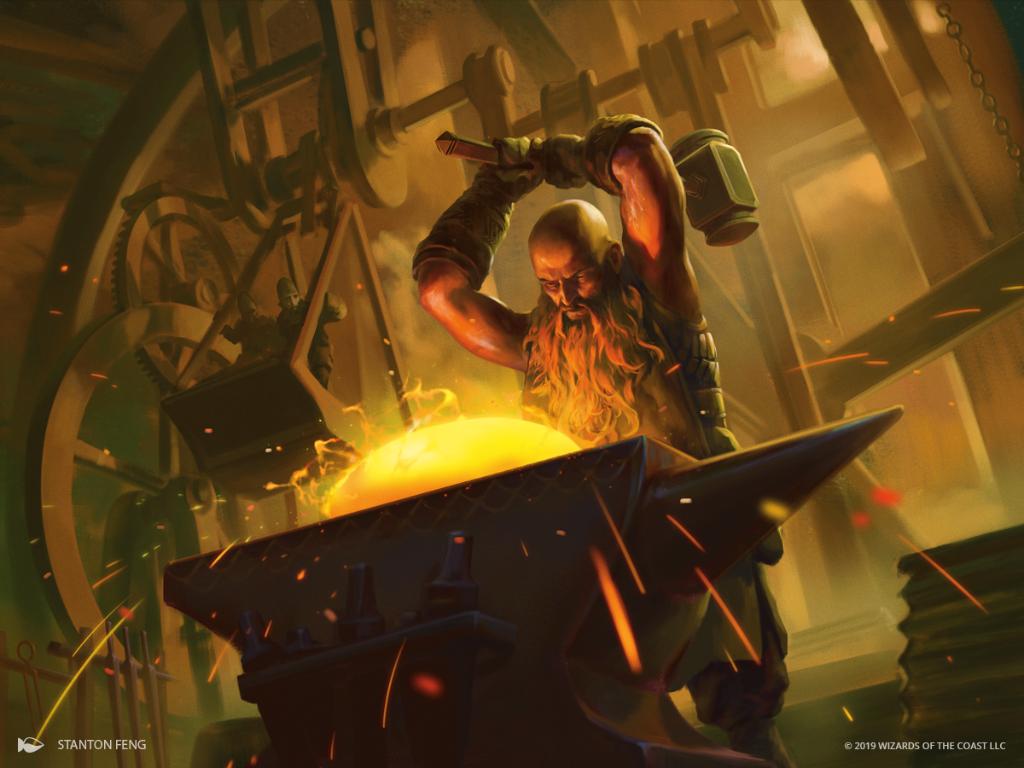


Brewing
Brewing is the art of producing beer with your downtime. Not only does beer serve as an alcoholic beverage, but the process of brewing purifies water. Crafting a beer takes weeks of fermentation but only a few hours of work.
Requirements: Brewer's Supplies and proficiency in them.
Resources: To craft a beer requires 3 days of downtime which are spent over the course of a week checking and maintaining the process and finally sealing and storing it.
You'll also need to purchase an amount of materials for the brew equal to half the selling cost.
Resolution: First choose a type of brew you'd like to make from the list of beers. Then make a Intelligence or Wisdom (Brewer's Tools) check against the difficulty check. If you fail the DC the beer becomes a Dud Brew. You can either keep the batch or sell it for the listed amount (half that amount if you used some already).
You may only store one batch of beer at a time. To make more you must consume or sell your current batch.
If you keep the beer you may use it and its effect during quests as a prequest action. Once you have done this two times the batch will be depleted.
| Description | DC | Price |
|---|---|---|
| Dud Brew | 0 | 50 gp |
| Druidcraft Beer | 5 | 70 gp |
| The Good Stuff | 5 | 100 gp |
| Glowglass | 7 | 80 gp |
| The Secret Ingredient | 8 | 60 gp |
| Clockwhistle's Surprise | 10 | 120 gp |
| Milligun's Deep Stout | 12 | 120 gp |
| Dragon's Breath | 14 | 200 gp |
Prequest Action: It's sometimes good to take one for the road. You can package up enough beer to liven up a short rest during your quest. Once per quest you can uncork the beer you have stored and share it. At the end of the short rest, you and your companions gain
a temporary buff until the end of your next rest. The effect differs depending on the type of beer.
"Merlot, hold my beer." - Bryson divine soul sorcerer, prior to slaying a manticore with fireball
Beer Effects
Each beer has a different effect on you and your allies at the end of a short rest.
Dud Brew
You didn't create something amazing but it's still beer. Allies gain a number of temporary hit points at the end of the rest equal to your tool proficiency bonus.
Druidcraft Beer
Your beer creates a harmless sensory effect that seems to follow you around after you drink it. Effects such as falling leaves, a puff of wind, the sound of a small animal, or the faint odor of skunk. The brewer chooses what the effect upon creation. The effect lasts for 1 hour or until the drinker chooses to end it.
The Good Stuff
A basic tasty beer. Allies gain temporary hp equal to half your level (rounded up) plus your skill proficiency bonus.
Glowglass
A gnomish grew made from glowing mushrooms. Players who drink this shed light like a candle for 1d4 hours.
The Secret Ingredient
You create a nasty concoction with a nasty secret ingredient that doesn't actually taste half bad. Once drunk, anyone who knows the ingredients of the beer can use their action to inform the others of the ingredients. Anyone who heard this may use their reaction to cast Acid Splash with a range of 10 ft (the character expels the drink). Each ally may only do this once and only after hearing the ingredients. "He put WHAT in that beer?!".
Clockwhistle's Surprise
An okay tasting drink that is popular purely for the fun of it. The imbiber may choose to roll on Wild Magic table upon failing an attack roll or receiving damage, rerolling for effects that directly harm any creature or player. The DM can also decide what happens. The effect can not be affected by features granted to Wild Magic Sorcerers.
Milligun's Deep Stout
A dark dwarven ale. Grants advantage on saving throws against the fear effect for 1d4 hours.
Dragon's Breath
You create a beverage with a distinct flavour. Each ally that drinks the beer gains a single-use breath attack that must be used before the next rest. You can choose one of the following "flavours" for your beer: Acid, Lightning, Poison, Fire, or Cold.
As an action, the ally can use the breath attack. Each creature within a 10 ft cone must make a DEX saving throw. The DC for this saving throw equals 8 + your Constitution modifier + your proficiency bonus. A creature takes 2d4 damage on a failed save, and half as much damage on a successful one. The ally also gets a second taste of the beer.
The damage increases to 3d4 at 6th level, 4d4 at 11th level, and 5d4 at 16th level.



Building
To start building you need at least 10% of the total cost to begin construction and work can only progress up the amount of gold invested. The workers of farwater will decrease the build time by 1 per day. Better workers can be found as a result of questing.
Construction
A character can work on the construction of a building to build it faster. For every downtime action used they decrease the build time by 1 plus the bonuses in the table below.
| Requirement | Bonus |
|---|---|
| Relevant Tool Proficiency | +1 |
| Relevant Tool Expertise | +2 |
| Relevant Class Feature | +1 |
| Relevant Spell | +1 |
Note: All of the above do stack. Does not apply to the Temple of the Gods and Mighty Fortress Spells
| Building | Build Cost | Build Time (IRL Days) |
|---|---|---|
| Abbey | 50,000 gp | 60 days |
| Guildhall | 5,000 gp | 15 days |
| Keep or Small Castle | 50,000 gp | 60 days |
| Noble estate with manor | 25,000 gp | 40 days |
| Outpost or Fort | 15,000 gp | 25 days |
| Palace or Large Castle | 500,000 gp | 120 days |
| Temple | 50,000 gp | 60 days |
| Tower, fortified | 15,000 gp | 25 days |
| Trading post | 5,000 gp | 15 days |
| Vessel | Build Cost | Build Time (IRL Days) |
|---|---|---|
| Galley | 30,000 gp | 45 days |
| Keelboat | 3,000 gp | 10 days |
| Longship | 10,000 gp | 20 days |
| Sailing ship | 10,000 gp | 20 days |
| Warship | 25,000 gp | 40 days |
Repairs
Repairs can be done on structures and vehicles, taking 1 DT day for every 50hp missing, and costing 2gp per HP repaired.
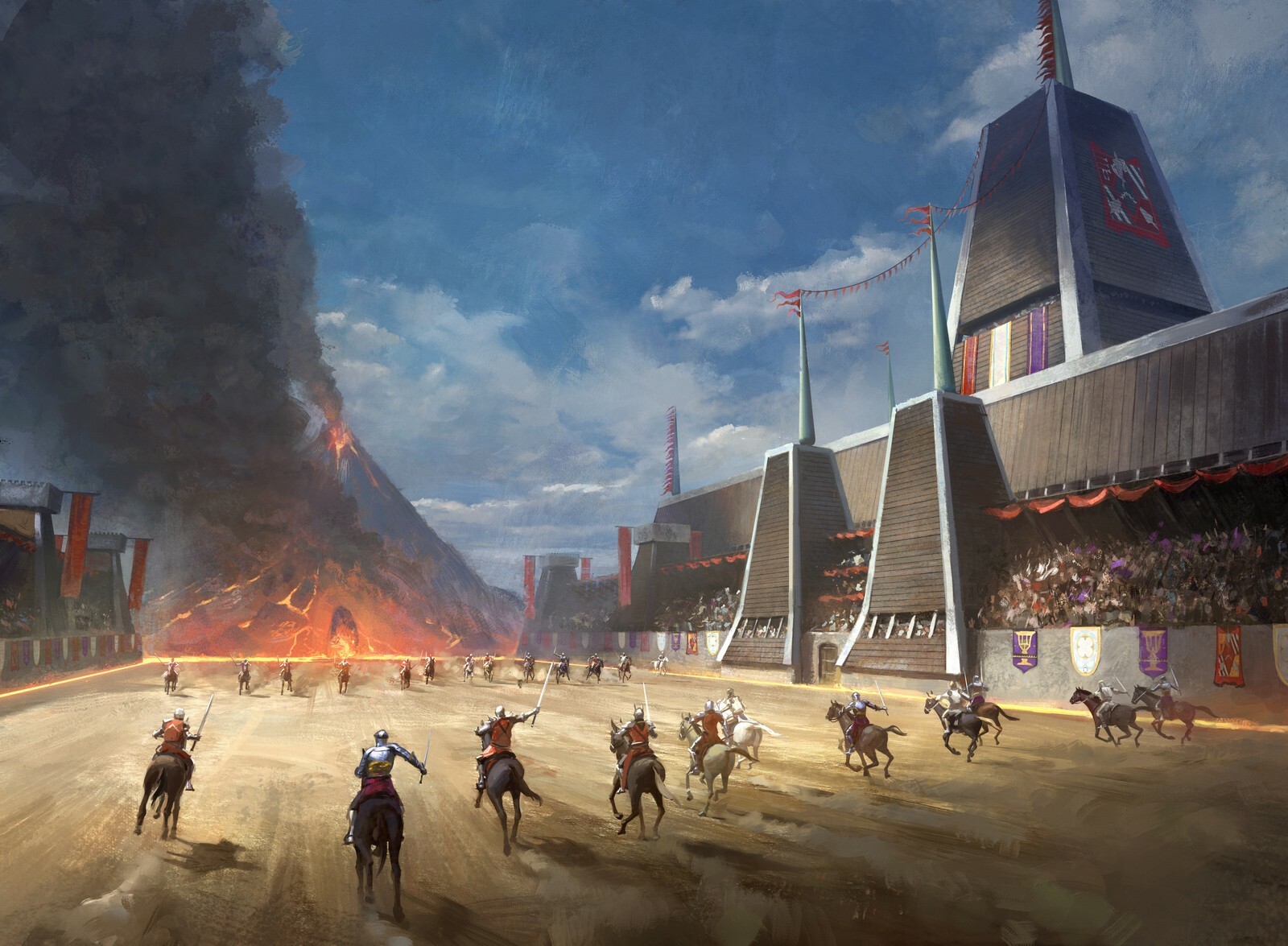

Carousing
Drunken debauchery and merriment among adventurers is anything but rare, as life is hard and celebrations make it all better. It could be that you just saw a fellow adventurer get brutally mauled and nothing of their corpse remains, you could have found the lost city of Don Juan and are rich beyond your wildest dreams, or maybe you just wanna see what happens, regardless you’re drinking, and doing so in copious amounts.
Resources: 30 gp and 3 days of downtime
Resolution: Roll a d100 and add your character’s level and compare the total to Carousing table using the resolution result column to determine the result.
You may incur additional gp and downtime day costs based on your roll.
Any additional costs must be paid off before you are able to perform any other downtime activities.
Prequest Action: For 10 gp and a single downtime day, your character could spend the day before a quest carousing if the DM allows it. This may place them in an interesting position to be found at the beginning of the quest. You may collect the normal Resolution results and your character will be located in the location specified in the last column of the table.
Regardless of the outcome, make a DC 10 Constitution check. On a failure your character is pretty hungover for the next 24 hours. Additional checks may be required to avoid accidents.
Black Pete
Come hear the story- The Hunt for Black Pete,
And about the brave folk who set on his trail.
A dastardly man who sold slaves full-scale,
The poor mother told of who they must defeat-
“He’s a pirate,” she said, “oh what a cheat.
Through forest you’ll go, for it seems you lack sail.”
Through forest indeed, calm without gale,
An Ent they met, not bound by rooted feet.
Pete’s Gang hid in a church on a large hill,
And with shattered spells secret doors lay agape,
Their insides left to test those with the will.
Through guards many- their bodies soon reshaped,
The final chase was one of great thrill, but
In the end Black Pete managed to escape.
The chase is not done;
Pete is still on the run.
-From the writings of Holgar Dimun
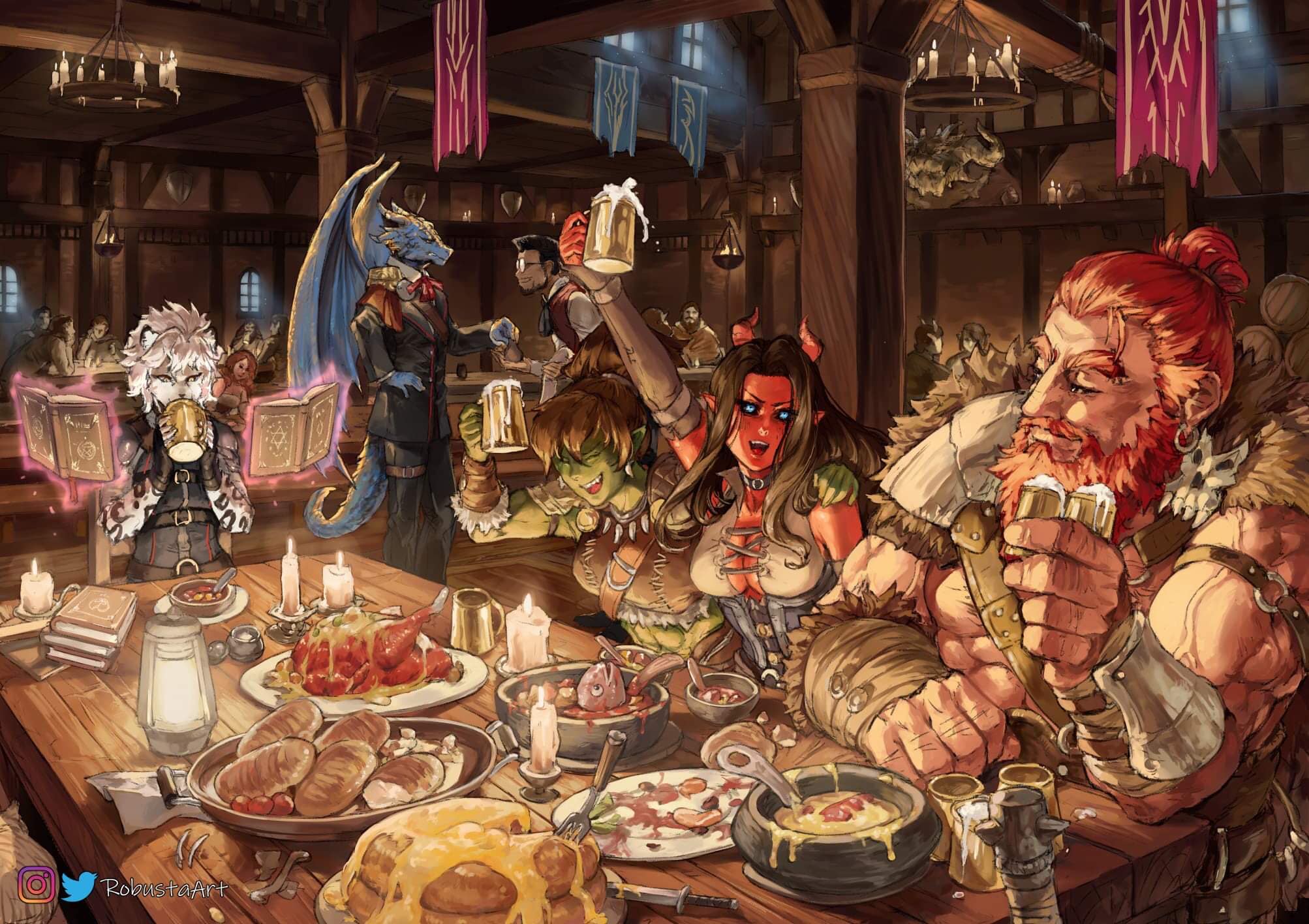

Carousing Table
| d100 + Level | Result | Prequest Location |
|---|---|---|
| 01-05 | You are jailed for 3d6 days at the end of the downtime period on charges of massive property damage/theft, implied assault, disorderly conduct, and disturbing the peace. You are also fined a total of 300 gp. | Your character will be found in a jail cell at the beginning of the quest. Other players may attempt to break you out at the DM’s discretion or pay a bail of 200 gp per level of your character that will be returned when the carouser is returned to finish their time. |
| 06-15 | You are jailed for 1d4 days at the end of the downtime period on charges of disorderly conduct and disturbing the peace. You are also fined a total of 10 gp. | Same as above but only 100 gp per character level for the bail. |
| 16-20 | You regain consciousness in a strange place with no memory of how you got there. You aren't missing anything but you seem to have been the victim of several magic spells and enchantments that create a real walk of shame as return home. | You wake up in a location chosen by the DM. It could be dangerous, convenient, or both. You have a non-debilitating spell on you that affects you for the next 24 hours. The spell could be anything from a appendage turning invisible, your skin turning purple, bubbles emitting from your mouth, or some other silly effect determined by the DM or yourself. |
| 21-30 | You regain consciousness in a strange place with no memory of how you got there and you have been robbed of 3d6 × 5 gp. | You wake up in a location chosen by the DM. It could be dangerous, convenient, or both but you lose the gp either way. |
| 31-40 | You manage to end up in a drunken fist fight against a local. Make a DC 13 strength check. On a success you recuperate your expenses. On a failure your expenses double for this day. | Depending on the outcome, your character will be found either in their normal location or else passed out near the bar covered in dirt and marks from the struggle. |
| 41-50 | The night goes well for you and you spend your evening with an interesting individual, according to your character's interests. Who this person is is up to you. You gain DM inspiration that may be used on any quest if you did not already have it. | Your character is found in the company of this person. You receive the DM inspiration for this quest and may receive another one at the end of the quest if you used it. |
| 51-80 | You earn modest winnings from gambling and recuperate your expenses for the time spent carousing. | You are found in town at your normal place to be found. |
| 81-90 | You earn modest winnings from gambling. You recuperate your expenses for the time spent carousing and gain 1d20 × 4 gp. | Same as above but you're a tad bit happier. |
| 91+ | You make a small fortune gambling. You recuperate your expenses for the time spent carousing and gain 4d6 × 10 gp. Your carousing becomes the stuff of local legend | Same as above but all the other party members know exactly what you did last night as it has been whispered throughout the town. |
"Siiiieeeeeelve...?" Edgar's voice drifts into the library, his tone alone indicating that... Well. There is a problem. An Edgar-Did-A-Bad-Thing scale of a problem. - Collected adventures of Edgar & Sielve. Vol 05 Chapter 26
Requirements: null
Resources: null
Resolution: null
Contract Work: null
Prequest Action: null
Requirements: Proficiency in Carpentry, Glassblowing or Masonry Tools.
Resolution: For every 5 downtime days contributed to the construction of the building, the build time is decreased by 1 plus any bonuses in the table below. You may apply only 1 of each bonus.
| Requirement | Bonus |
|---|---|
| Relevant Tool Proficiency | +1 |
| Relevant Tool Expertise | +2 |
| Relevant Class Feature | +1 |
| Relevant Spell | +1 |
Requirements: null
Resources: null
Resolution: null
Contract Work: null
Prequest Action: null
Cooking
Cooking can be used for making strange exotic meals using many of the strange plants and animals near Farwater.
Requirements: Proficiency with cooking utensils
Resources: To cook a meal requires 1 days of downtime. This is spend shopping for the ingredients, cooking the food and freezing it
You'll also need to purchase an amount of materials for the meal equal to half the selling cost.
Resolution: First choose a type of meal you'd like to make from the list of meals. Then make a Intelligence or Wisdom (cooking utensils) check against the difficulty check. You can either keep the batch or sell it for the listed amount. Meal can be consumed for a short rest but only one meal may be consumed during a short rest. Maximum of three meal can be eaten before a long rest
| Description | DC | Price |
|---|---|---|
| Leftover Soup | 0 | 20 gp |
| Rusty Sandwich | 5 | 30 gp |
| Giant Crab Leg | 13 | 80 gp |
| Myconid Salad | 18 | 75 gp |
| Blink Dog Jerky | 21 | 100 gp |
Leftover Soup: A bowl of soup made old food. Make a DC 8 Con Save. On a Success, regain one spent hit dice.
Rusty Sandwich: A sandwich made with Rust monster's nose. You gain the benefits of Iron Scent for 1 hour.
Iron Scent. You can pinpoint, by scent, the location of ferrous metal within 30 feet of you.
Giant Crab Legs: Boiled or grilled legs from a giant crab with a side of butter. Gain a swim speed of 20ft for 1 hour.
Myconid Salad: A bunch of cut up mushrooms dressed with dressing. Gain the trait Sporey Rapport until there next long rest.
Sporey Rapport. You can telepathically communicate with any creature within 30ft if they also have the Sporey Rapport trait.
Blink Dog Jerky: This meal may be eaten as an action. When eaten you are teleported 20ft in a random direction (including up or down). If the user is teleported into a wall, they take 1d6 force damage and are shoved into the closest unoccupied space.
Prequest Action: Freezing is expensive. You can make 4 servings of a meal for half the price. If the food isn't used on the next quest. It is considered spoiled and destroyed. This food cannot be sold.
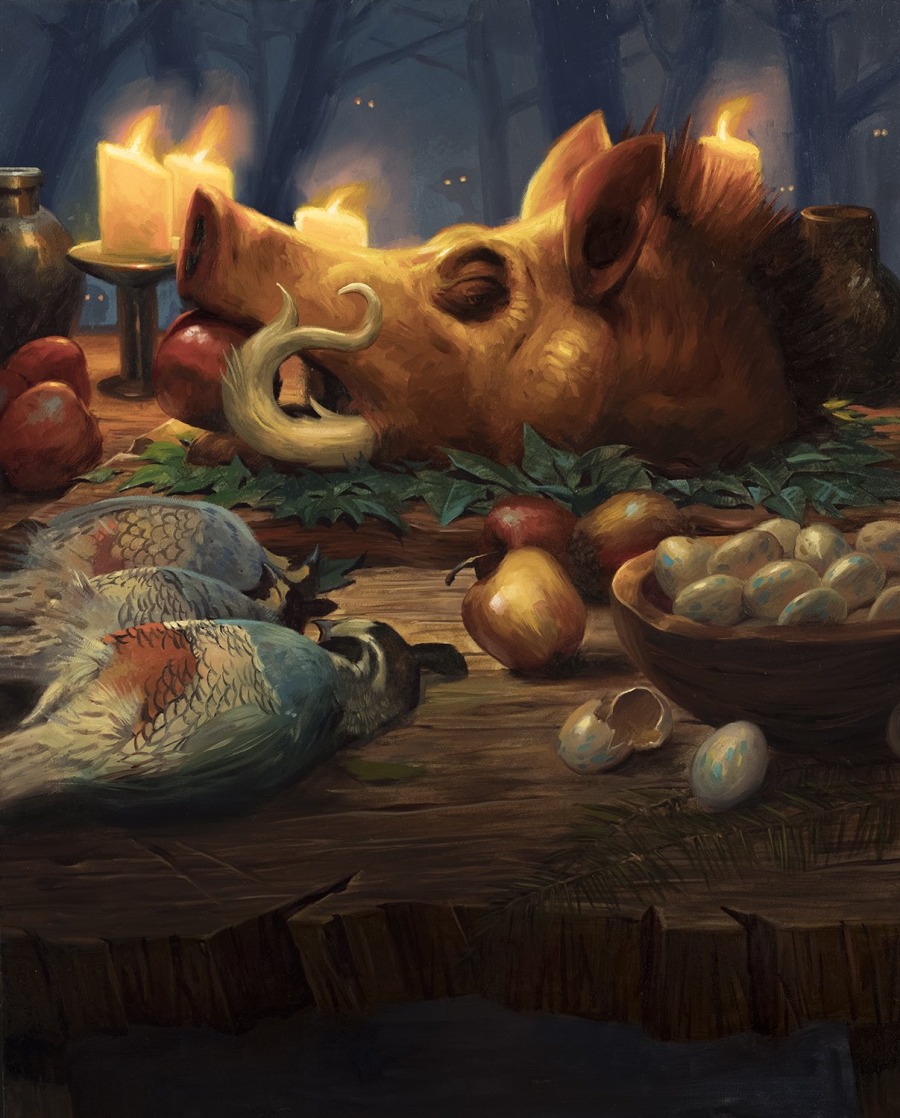



Crafting Non-Magical Items.
You can the time and money into crafting items with your artisan tools. Crafting any non-magical item or consumable is subject to these rules.
Requirements: Proficiency with a relevant Artisan’s Tools
You must be familiar with the item you wish to craft either by having studied one before or
In order to craft a consumable you must have taken an hour to examine the item or cast the spell Identify on it, in order to know how you can replicate it. Homebrew Items cannot be crafted unless otherwise stated
Resources:
Raw materials worth half of the item (or items) selling cost and a number of downtime days equal to its gold cost divided by: your tool modifier or 5, whichever is larger.
If the item you wish to craft does not have a price listed in the PHB or in the server's store document you may refer to the table below to find the price. Consumables are half the listed cost.
| Rarity | Cost |
|---|---|
| Common | 100 gp |
| Uncommon | 500 gp |
| Rare | 5,000 gp |
| Very Rare | 50,000 gp |
| Legendary | 500,000 gp |
Resolution: The character successfully crafts the non-magical and can add it to their inventory or sell it for the full listed cost.
Contract Work: A character can craft for another using the above Resolution rules. They can also assist another crafter in creating an item. Both characters must meet the Requirements and can split the downtime and gp costs as desired.
Siege Equipment Costs
The following are the crafting costs of siege equipment
| Equipment | Cost |
|---|---|
| Ballista | 1,000 GP |
| Ballista Bolt | 50 GP for 5 Bolts |
| Cauldron, suspended | 1,000 GP |
| Cauldron, Oil | 10 GP per use |
| Mangonel | 3,000 GP |
| Ram | 1,000 GP |
| Siege Tower | 5,000 GP |
| Trebuchet | 5,000 GP |
Due to the size of the Ammunition, Seige ammunition count as a single weapon for coating in Silvering and Adamantine.
"I need a magical longbow, but I don't think there are any in Farwater." Balle shrugs "As ready as reasonable."
"Yeah?" He frowns, pensive, "I think I saw Abarid with one just earlier... Or at least, he went looking to get silver arrows made." "I can only assume he has a bow, else he's just throwing arrows really, really hard." - Edgar Sinclair
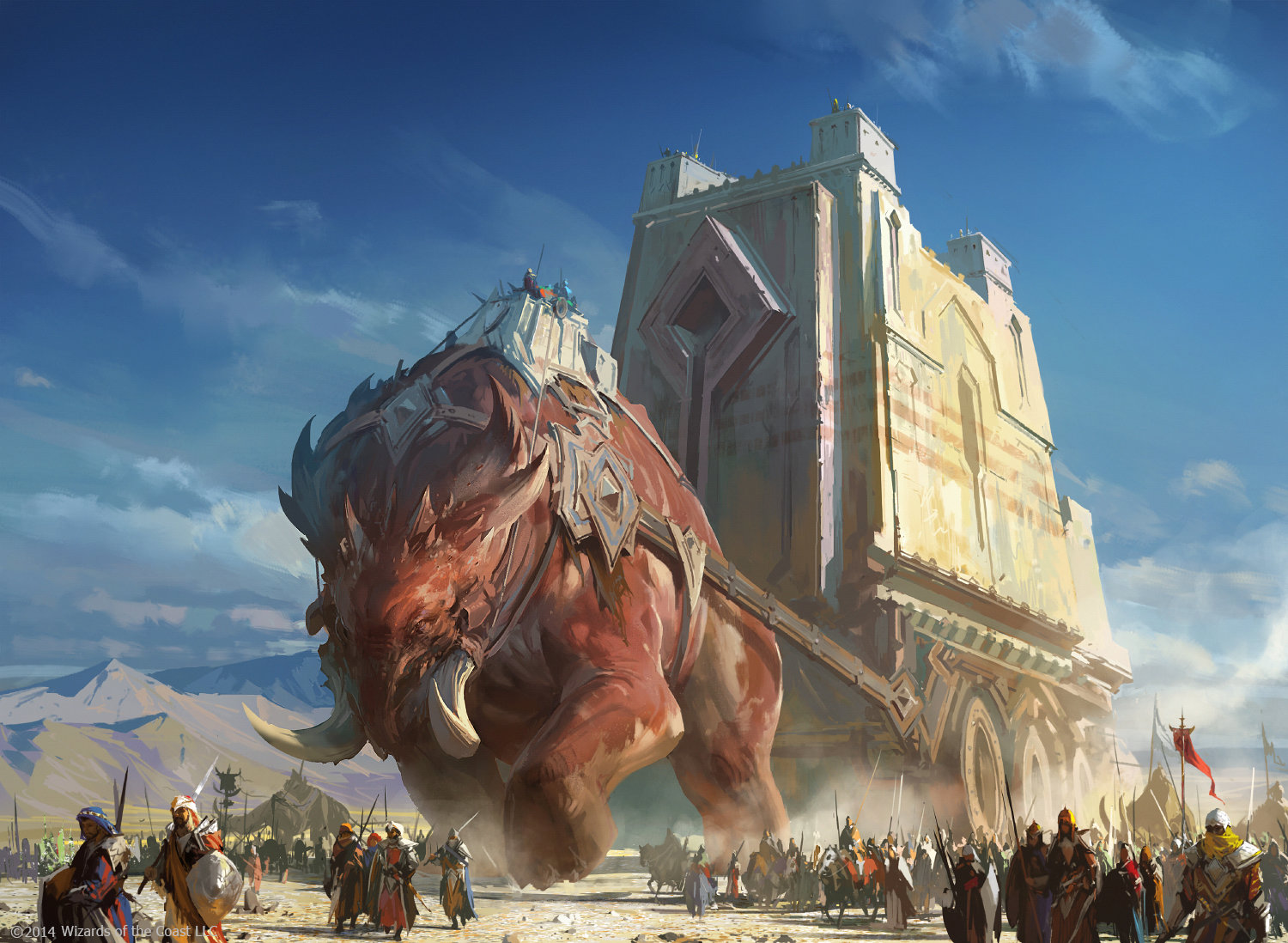

Gambling
Games of chance are a way to make a fortune—and perhaps a better way to lose one.
Requirement: Characters cannot earn more than a total of 10,000 gp from this activity
Resources: This activity requires one downtime day plus a stake of at least 20 gp, to a maximum of 1,000 gp.
Resolution: The character must make a series of checks, with a DC determined at random based on the quality of the competition that the character runs into. Part of the risk of gambling is that one never knows who might end up sitting across the table. The character makes three checks: Wisdom (Insight), Charisma (Deception), and Charisma (Intimidation). If the character has proficiency with an appropriate gaming set, that tool proficiency can replace one of the checks. The DC for each of the checks is 5 + 2d10; generate a separate DC for each one.
Consult the table below to see how the character did.
| Gambling Result | Value |
|---|---|
| 0 successes | Lose all the money you bet. |
| 1 successes | Lose half the money you bet. |
| 2 successes | Gain the amount you bet plus half again more. |
| 3 successes | Gain double the amount you bet. |
Requirements: null
Resources: null
Resolution: null
Contract Work: null
Prequest Action: null
Intensive Training
Downtime can be spent hard at work training with others to reach higher levels of power.
Requirements: You must have a contracted training partner who matches your spent downtime.
Resources: 100 gp per day spent training.
Resolution: You gain 100 xp per day of training.
Contract Work: You can assist someone’s training with no requirements other than 1 downtime day per day spent by the character training. You do not gain experience but may request payment from the trainee for the cost of your time.
| Level | Min Exp to Train |
|---|---|
| 3 | 2520 |
| 4 | 6120 |
| 5 | 13,250 |
| 6 | 22,100 |
| 7 | 32,900 |
| 8 | 46,600 |
| 9 | 62,400 |
| 10 | 82,900 |
| 11 | 98,500 |
| 12 | 118,000 |
| 13 | 138,000 |
| 14 | 162,500 |
| 15 | 192,000 |
| 16 | 222,000 |
| 17 | 261,000 |
| 18 | 301,000 |
| 19 | 350,000 |
| 20 | 400,000 |
| Epic 1 | 450,000 |
| Epic 2 | 500,000 |
| Epic 3 | 550,000 |
| Epic 4 | 600,000 |
Note: The percentage must use the experience needed to go from current level to next level. Not the total experience needed. See below table for experience needed for each level.
Formula to see what percentage you have remaining to level using the table below for values is:
(Exp. to Level - Current Exp.) / Exp. to Level
If this value is greater than 0.1 you do not meet the requirement to do this activity.
| Level | Base Exp. | Exp. to Level |
|---|---|---|
| 5 | 6,500 | 7,500 |
| 6 | 14,000 | 9,000 |
| 7 | 23,000 | 11,000 |
| 8 | 34,000 | 14,000 |
| 9 | 48,000 | 16,000 |
| 10 | 64,000 | 21,000 |
| 11 | 85,000 | 15,000 |
| 12 | 100,000 | 20,000 |
| 13 | 120,000 | 20,000 |
| 14 | 140,000 | 25,000 |
| 15 | 165,000 | 30,000 |
| 16 | 195,000 | 30,000 |
| 17 | 225,000 | 40,000 |
| 18 | 265,000 | 40,000 |
| 19 | 305,000 | 50,000 |
| 20 | 355,000 | 50,000 |


Requirements: null
Resources: null
Resolution: null
Contract Work: null
Prequest Action: null
Requirements: null
Resources: null
Resolution: null
Contract Work: null
Prequest Action: null
Magic Scroll Crafting
With time and patience, a spellcaster can transfer a spell to a scroll, creating a spell scroll.
Requirements: Must have the spellcasting or pact magic feature and must have the spell you wish to craft known through that feature.
Resources: You must have a number of downtime and gp according to the spell level you wish to craft (Spells higher than 7th level are not craftable in this way). See below table. Scrolls are always created and paid for at the minimum level of the spell.
| Spell Level | Time | Cost |
|---|---|---|
| Cantrip | 1 day | 15 gp |
| 1st | 2 day | 75 gp |
| 2nd | 3 days | 250 gp |
| 3rd | 5 days | 500 gp |
| 4th | 10 days | 2,500 gp |
| 5th | 20 days | 5,000 gp |
| 6th | 40 days | 15,000 gp |
| 7th | 80 days | 25,000 gp |
| 8th | 160 days | 50,000 gp |
| 9th | 240 days | 250,000 gp |
Resolution: You create a scroll of the desired spell.
“The world is full of magic things, patiently waiting for our senses to grow sharper.” ― W.B. Yeats
Master Scrivener - Each day a Scribe Wizard spends crafting spell scrolls counts for double, and each gold coin counts for 2
Wizardly Quill - Scribe Wizards do not need to spend Downtime days to copy spells, but must still spend the requisite gold.
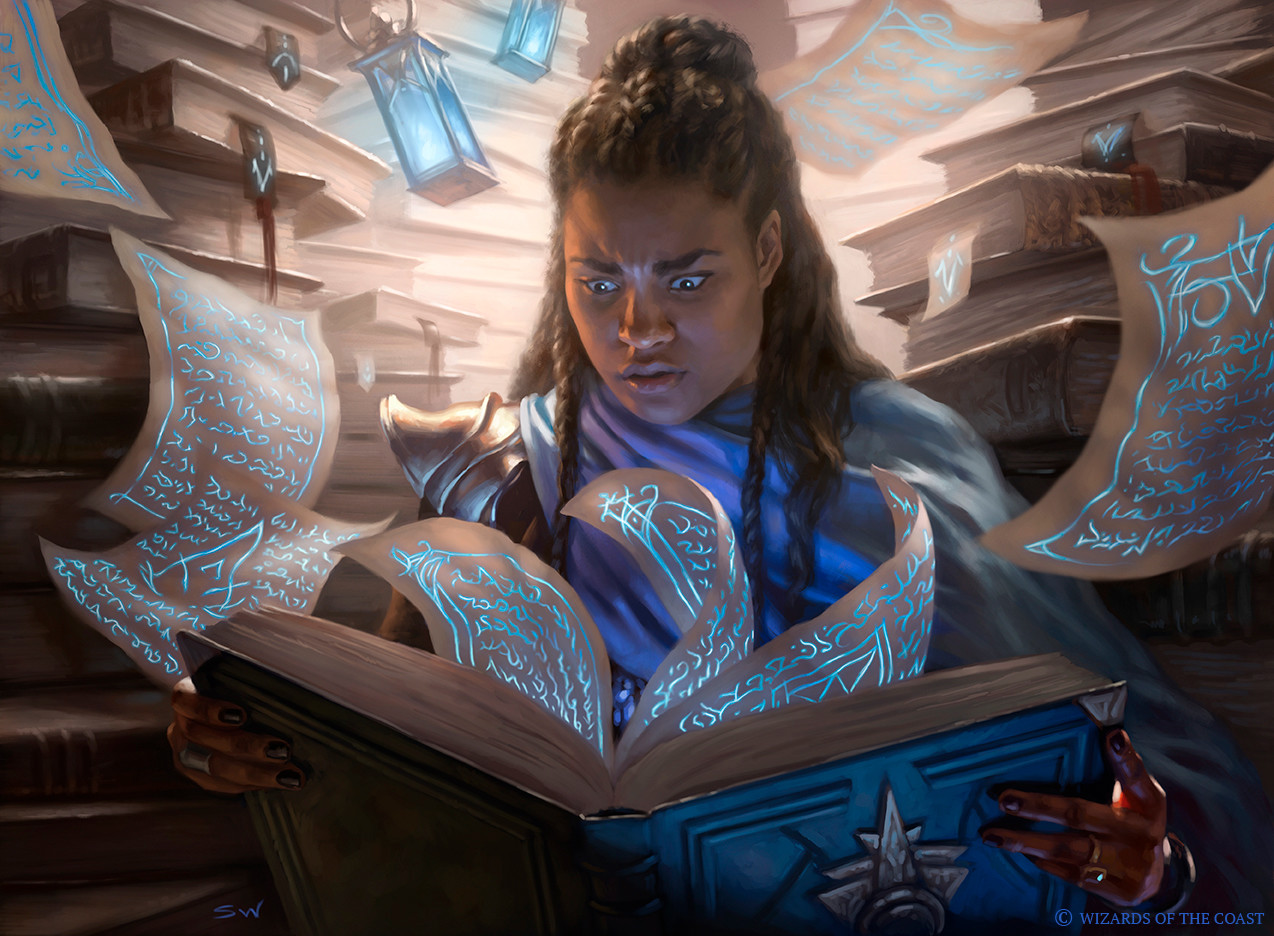

Magic Item Creation
Downtime can be spent replicating the enchantments and intricacies of magic items they've seen. While difficult it can certainly be rewarding.
Requirements: The player must be familiar with the item they wish to craft. They must also meet the minimum level requirement of the item according to the table below. Homebrew items cannot be crafted unless they explicitly state so. At least one player must be proficient in the relevant artisan or crafting tool. For example, to craft a ring of spell storing, the player need proficiency in Jeweler's Kit.
| Example Item type | Relevant tool |
|---|---|
| Weapons and Armor, Metal | Smith's tools |
| Armor, nonmetal | Leatherworking tools |
| Weapons and shields, wood | Woodcarver's |
| Wands/staves/rods | Woodcarver's tools |
| Jewelry/gems | Jeweler's tools |
| non-spell Scrolls/books | Calligrapher's tools |
| Boots/shoes | Cobblers tools |
| Cloaks | Weaver's tools |
| Robes | Weaver's tools |
Resources: You will require a base item to turn magical. This is usually whatever form the item takes (a sword, a cape, a ring). You'll also need an amount of gold and downtime days depending on the rarity of the item.
Crafting powerful magical items requires materials and crafting methods that gold alone and require magic items to be used as part of the creation. Note: Minor Tier items count as half a sacrifice
| Rarity | Days | Base Cost | Min Level | Sacrifices Required |
|---|---|---|---|---|
| Common | 5 | 200 gp | 3 | non |
| Minor Uncommon | 10 | 300 gp | 3 | non |
| Major Uncommon | 20 | 600 gp | 5 | non |
| Minor Rare | 18 | 2,250 gp | 5 | 1 Uncommon or 1 Rare |
| Major Rare | 35 | 4,500 gp | 9 | 2 Uncommons or 1 Rare |
| Minor Very Rare | 25 | 5,850 gp | 9 | 1 Rare or 1 Very Rare |
| Major Very Rare | 50 | 11,250 gp | 13 | 2 Rares or 1 Very Rare |
| Minor Legendary | 33 | 11,250 gp | 13 | 1 Very Rare or 1 Legendary |
| Major Legendary | 65 | 22,500 gp | 17 | 2 Very Rares or 1 Legendary |
Stipulations:
- Artificer infusions cannot be sacrificed.
- Items, with lower crafting costs: (dt, cost and sacrifices) then their rarity counters parts on the table, such as: (Illithid communication device) cannot be sacrificed.
- Features that reduce the “cost” refer to the gold cost - not the required sacrifices.
- Any item that has charges, used or not is valid as a sacrifice. As long as the item remains intact and/or is rechargeable.(E.g. “Necklace of Fireballs” is a valid sacrifice even if a mere singular bead remains.)
Resolution: Make a number of d20 checks equal to the total number of days needed. If you are proficient in the relevant tool set, you may add your proficiency bonus to each roll and calculate how many fail a DC 16 Check. If you have expertise in the relevant tool set, you may add your proficiency bonus twice to each roll and calculate how many fail a DC 16 Check.
For each failed check The downtime and gold cost are increased by 1 day and 25 gp (you do not roll additional d20's for these days).
If you do not have enough downtime or gold to cover the increased cost you may pay the costs at a later time (you do not complete the item until costs are paid).
To create a Common item with a +3 proficiency use the following Avrae command: !rrr 4 d20+3 16
Ammo comes in bundles of ten except for "Arrow of Slaying", which is crafted one at a time.
Contract Work: : You can help other players craft magical items. The downtime and gold cost may be split in whatever way you wish.
Your combine proficiency is the Total of all proficiency bonuses divided by number of characters plus the number of characters.
At least one person on the project must be proficient in the relevant tool set for the item, any person not proficient may assist with Downtime or gold. Expertise in the relevant tool allows you to add their proficiency bonus twice.
Example Use: Let's say you wanted to craft a Cloak of Protection. It is an uncommon magic item. According to the table that will require 20 DT days and 500 gp from your character. Let's say your character has a +3 proficiency.
Crafting it alone requires you to make 20 d20+3 checks against a DC 16 Check. If you fail 5 of those the character owes an additional 5 DT days and 125 gp. If you do not have those additional costs then you must wait to finish the item until then. Once finished the item is yours.
With 3 people to help you the downtime cost will be split between them. If it is split evenly then you can add their proficiency bonus to the check as well, for example if they all have a 3 proficiency, the check is 1d20+12 against DC 16. You still roll 20 times but your chance of failure is much lower with help.
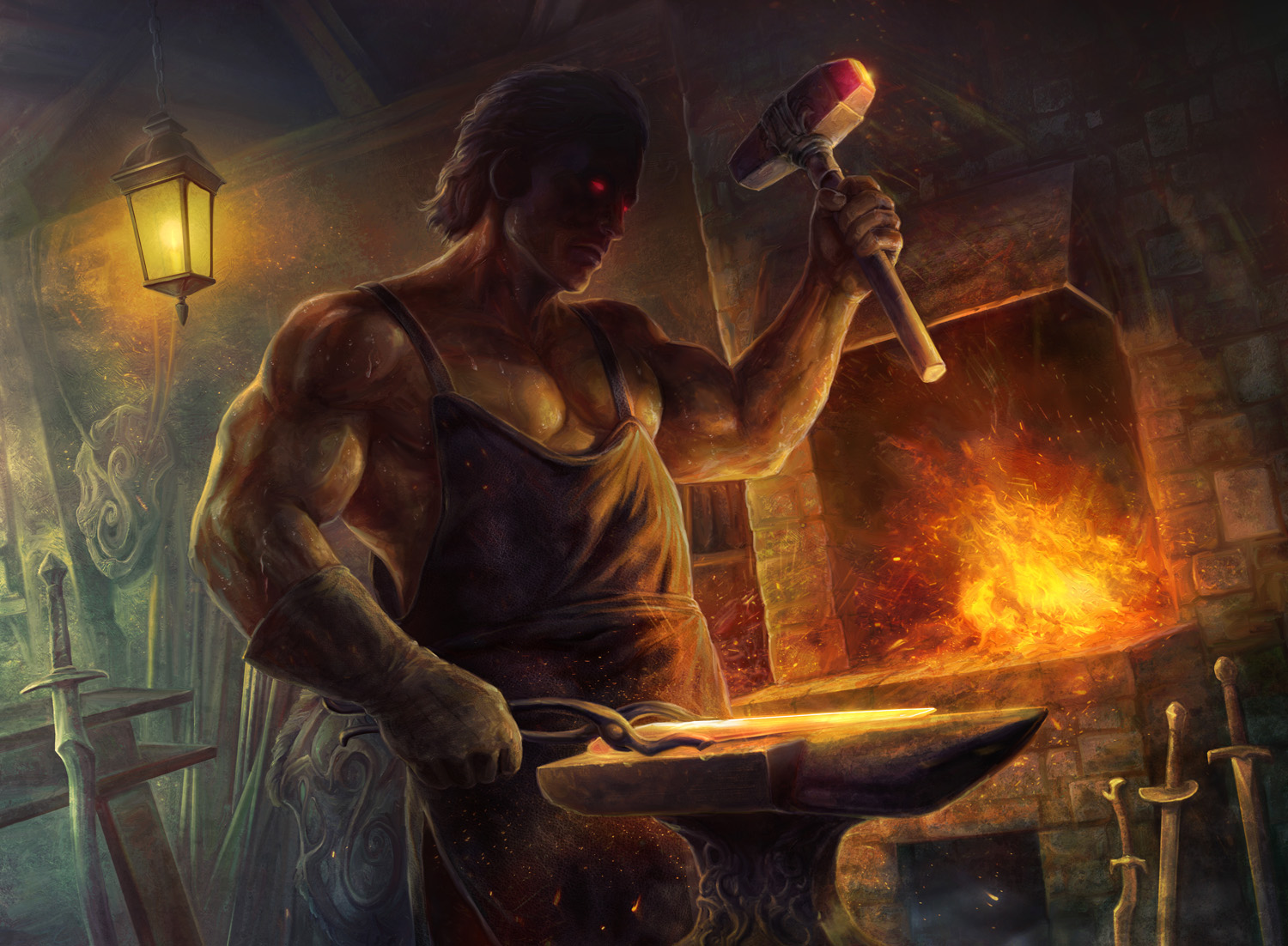

Requirements: null
Resources: null
Resolution: null
Contract Work: null
Prequest Action: null
Requirements: null
Resources: null
Resolution: null
Contract Work: null
Prequest Action: null
Requirements: null
Resources: null
Resolution: null
Contract Work: null
Prequest Action: null
Pit Fighting
Pit fighting includes boxing, wrestling, and other non lethal forms of combat in an organized setting with predetermined matches. If you want to introduce competitive
fighting in a battle-to-the-death situation, the standard combat rules apply to that sort of activity.
Requirements: Engaging in this activity requires five downtime days of effort from a character.
Resources: You must have one unspent hit die which will remain spent until the end of your next quest
Resolution: The character must make a series of checks, with a DC determined at random based on the quality of the opposition that the character runs into. A big part of the challenge in pit fighting lies in the unknown nature of a character's opponents. The character makes three checks: Strength (Athletics), Dexterity (Acrobatics), and a special Constitution check that has a bonus equal to a roll of the character’s largest Hit Die (this roll does spend that die and is only restored after your next quest).
The DC for each of the checks is 1d10 + 5; generate a separate DC for each one. Consult the Pit Fighting Results table to see how the character did.
| Pit Fighting Result | Winnings |
|---|---|
| 0 successes | Lose your bouts, earning nothing. |
| 1 successes | Win 50 gp |
| 2 successes | Win 100 gp |
| 3 successes | Win 200 gp |
Winning Streak. When the character succeeds all three checks they are undefeated in their match as such the next time you perform this activity you return as the champion adding 1d10 to the DC for each of the checks for each pit fight you win until you have been defeated. You then gain additional your winnings multiplied by your winning streak.
King of the Pit. When a character is undefeated three matches in a row. They have the right to challenge the character who is the current King of the Pit, with both characters rolling for the fight as above using opposing results to determine the winner.
King of the Pit Feature
While you are grappling a creature and the creature can be moved, you can use the Attack action to make a Special melee attack, a twister. If you are able to make multiple attacks with the Attack action, this Attack replaces one of them.
When you make a twister, position the target grappled creature in to a space where they are next to you and on ground. You can then choose to make an improvised melee weapon attack against an object or another target creature other than you that is within 5 feet of the grappled creature. On a hit both the target and the grappled creature suffers 3dX bludgeoning damage where the X is the Hit Die of the grappled creature. The grappled creature is considered to be a melee weapon for you when performing this Special attack.
After you have used a twister, the grappled creature is not grappled by you anymore.


Poisoncraft
A character can practice poison crafting and make such poison as Malice or Midnight Tears.
Requirements: Proficiency in Poisoner's Kit
In order to brew a poison you must have taken an hour to examine the item or cast the spell Identify on it, in order to know how you can replicate it. Homebrew Items cannot be crafted unless they have the craftable tag.
Resources: You'll also need an amount of gold and downtime days depending on the gold cost of the item. You must pay half of the base cost of the poison and downtime days equal to gold value/100 rounded up.
Resolution: Make a number of d20 checks equal to the total number of days needed. Add your proficiency to each roll and calculate how many fail a DC16.
For each failed check the downtime and gold cost are increased by 1 day and 25 gp (you do not roll additional d20's for these days).
If you do not have enough downtime or gold to cover the increased cost you may pay the costs at a later time (you do not complete the item until costs are paid).
Contract Work: You can help other players craft a poison. The downtime and gold cost may be split in whatever way you wish.
If the downtime is split evenly between all players, the crafter may add your proficiency to the rolls they make. If it cannot be split evenly, the excess day may be taken from any of the participants. The total number of days should add up to the original number.
Crafting a poison with contracted work is generally the best way to craft and can remove the need to make the checks entirely.
Prequest Action: Your character can spend the night before a quest preparing poisons.
You can take any poison worth less than 1000gp split it into two smaller doses. The poison doses loses potency after the quest. Each dose still has the full causes of the poison.
“Within the infant rind of this small flower Poison hath residence and medicine power. For this, being smelt, with that part cheers each part; Being tasted, stays all senses with the heart. Two such opposèd kings encamp them still, In man as well as herbs—grace and rude will. And where the worser is predominant, Full soon the canker death eats up that plant.
(Inside the little rind of this weak flower, there is both poison and powerful medicine. If you smell it, you feel good all over your body. But if you taste it, you die. There are two opposite elements in everything, in men as well as in herbs-good and evil. When evil is dominant, death soon kills the body like cancer.) ”
― William Shakespeare, Romeo and Juliet
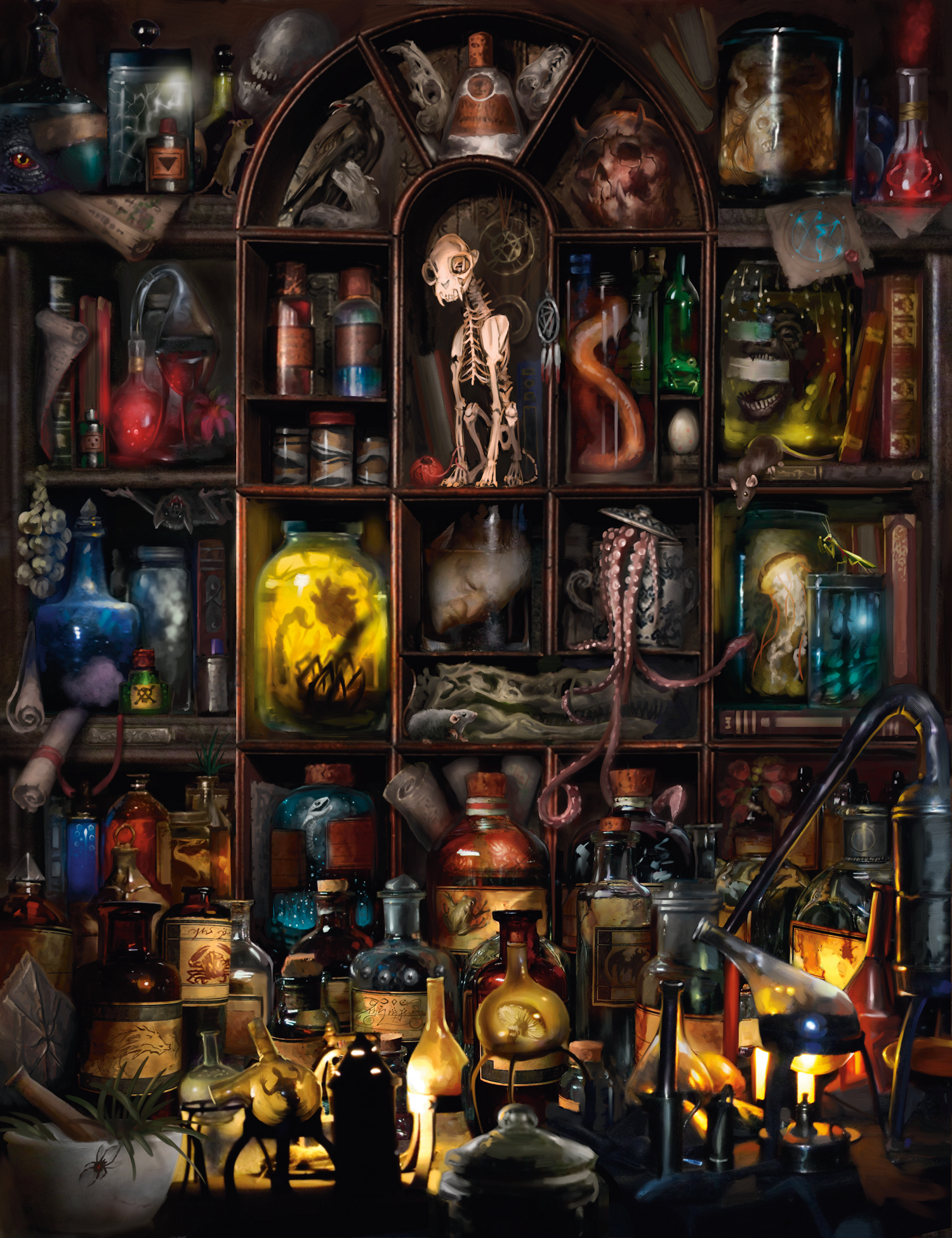

Requirements: null
Resources: null
Resolution: null
Contract Work: null
Prequest Action: null
Research
The world contains many secrets waiting to be discovered and understood. Such things are generally only truly able to be understood with field research or with more experience, yet it is never unwise to go to a library and seek past knowledge to aid in your current endeavors, or simply run tests in a safer, and academic environment.
Requirements: Approval from the DM before the quest is run or approval from a DM involved with the subject you wish to research.
Resources: A character needs access to a well stocked library to conduct research. Assuming such access is available, conducting research requires one downtime day and at least 50 gp spent on materials, library costs, and other expenses.
Resolution: The character declares the focus of the research: a specific creature, person, place, or thing. After one downtime day, the character rolls Intelligence (Investigation). Additionally the character gains a +1 bonus per 100 gp spent beyond the initial 50 gp, to a maximum of +6, representing the hiring of additional assistants to aid in research.
After rolling, consult the table below for the results of your research and if you gain any follow-up questions. The DM may allow tangential questions if they pop up (for instance if your research reveals a location after the first question you may ask your second question about the location, etc.) but may curate the questions how they wish.
| Check Total | Outcome |
|---|---|
| 1-5 | No effect. |
| 6-10 | DM will only tell you something interesting. It’s on you to make it useful. |
| 11-20 | DM will tell you something interesting and useful about the subject relevant to your situation. |
| 21-25 | Same as 11-20, but you may ask one follow-up question. |
| 26-30 | Same as 11-20, but you may ask two follow-up questions. |
| 31-35 | Same as 11-20, but you may ask three follow-up questions. |
| 36+ | Same as 11-20, but you may ask the DM "What is the question I should be asking?" The DM will inform you what question to ask, and will then answer that question honestly. You may then ask three other follow-up questions. |
The DM of the quest has final say on what this information is revealed through this manner. For a monster or an NPC, they can reveal elements of statistics or personality. For a location, they can reveal secrets about it, such as a hidden entrance, the answer to a riddle, or the nature of a creature that guards the place. However this is all up to the DM to decide and what information can be obtained through this manner.
Prequest Action: You may spend the day before a quest researching the objective, location, wildlife, or some other element involved in the quest. You make the rolls before the quest starts with the DM approving them and answering your questions based on your roll.
Prequest research could use different rolls depending on how your character intends to search for information. At the DM's discretion you can use a charisma or some other check instead of investigation.



“That’s why it’s always worth having a few philosophers around the place. One minute it’s all Is Truth Beauty and Is Beauty Truth, and Does a Falling Tree in the Forest Make a Sound if There’s No one There to Hear It, and then just when you think they’re going to start dribbling one of ’em says, Incidentally, putting a thirty-foot parabolic reflector on a high place to shoot the rays of the sun at an enemy’s ships would be a very interesting demonstration of optical principles,” he added. “Always coming up with amazing new ideas, the philosophers. The one before that was some intricate device that demonstrated the principles of leverage by incidentally hurling balls of burning sulphur two miles.
Small Gods - Terry Pratchett
Spell Book Duplication
Aspiring Wizards and Ritual Casters tend to commit their time to the transcribing and practice of new spells to their spell books. When spending downtime to do this you put in the time to both translate and record the spell as well as practice it a few times for when you need to use it.
Requirements: You need the Wizard Spellcasting feature, the Ritual Caster feat, or the Book of Ancient Secrets Warlock invocation. The spells you copy must follow the requirements of those features. You also need a spell book or scroll containing the spell(s) you wish to copy.
Resources: You can copy a number of spell levels up to your proficiency bonus + 3 per day and the total gold cost is the spell level total of all spells to be copied times 50 gold. (e.g. At level 5 for 1 DT day you could copy 2x 3rd level spells, 3x 2nd level spells, or 6x 1st level spells. The cost for each is 300gp.)
Replacement Books: You can copy a spell from your own spellbook into another book—for example, if you want to make a backup copy of your spellbook. This is just like copying a new spell into your spellbook but faster and easier, since you understand your own notation and already know how to cast the spell. You can copy twice the number of spell levels and it only costs 10 gp for each level of the copied spell.
Resolution: The spells are copied into your spell book.
If any of the spells were copied from a scroll you must beat an Arcana check to successfully copy it. The DC is 10 + the Spell Level of the scroll. If you fail the check you do not copy the spell (the downtime, gold and scroll are still consumed).
Plagiarize! Plagiarize! Let no one else's work evade your eyes! Remember why the gods made your eyes! So don't shade your eyes, But plagiarize, plagiarize, plagiarize - Only be sure always to call it please 'research'.
Adapted from "Lobachevsky” ― Tom Lehrer
Thieving and Crime
Sometimes it pays to be bad. This activity gives a character the chance to make some extra cash, at the risk of arrest.
Requirements: None.
Resources: A character must spend 5 downtime days and an amount of gp depending on the target mark.
Resolution: First choose a desired mark. The mark chosen affects the DC and reward.
| DC | Cost | Value |
|---|---|---|
| 10 | 15 gp | 150 gp - robbery of a struggling merchant |
| 15 | 25 gp | 250 gp - robbery of a prosperous merchant |
| 20 | 50 gp | 500 gp - robbery of a noble |
| 25 | 100 gp | 1,000 gp - robbery of one of the riches figures in town |
To attempt the crime, the character makes three checks: Dexterity (Stealth); Charisma (Deception); and the player’s choice of Intelligence (Investigation) or Wisdom (Perception). The player can also choose to replace one of these skill checks with a tool check using either thieves’ tools, disguise kit, or forgery kit.
- If none of the checks are successful (0 of 3), the character is caught and jailed. The character must spend a number of downtime days in jail equal to the DC. If after subtracting this downtime penalty from your downtime counter, the number is negative you cannot utilize downtime until your downtime counter is positive. At the player’s discretion, such a failure could involve additional forms of restitution or penance. Ask a DM!
- If only one check is successful (1 of 3), the heist fails, but the character escapes.
- If two checks are successful (2 of 3), the heist is a partial success, netting the character half the payout.
- If all three checks are successful (3 of 3), the character earns the full value listed.
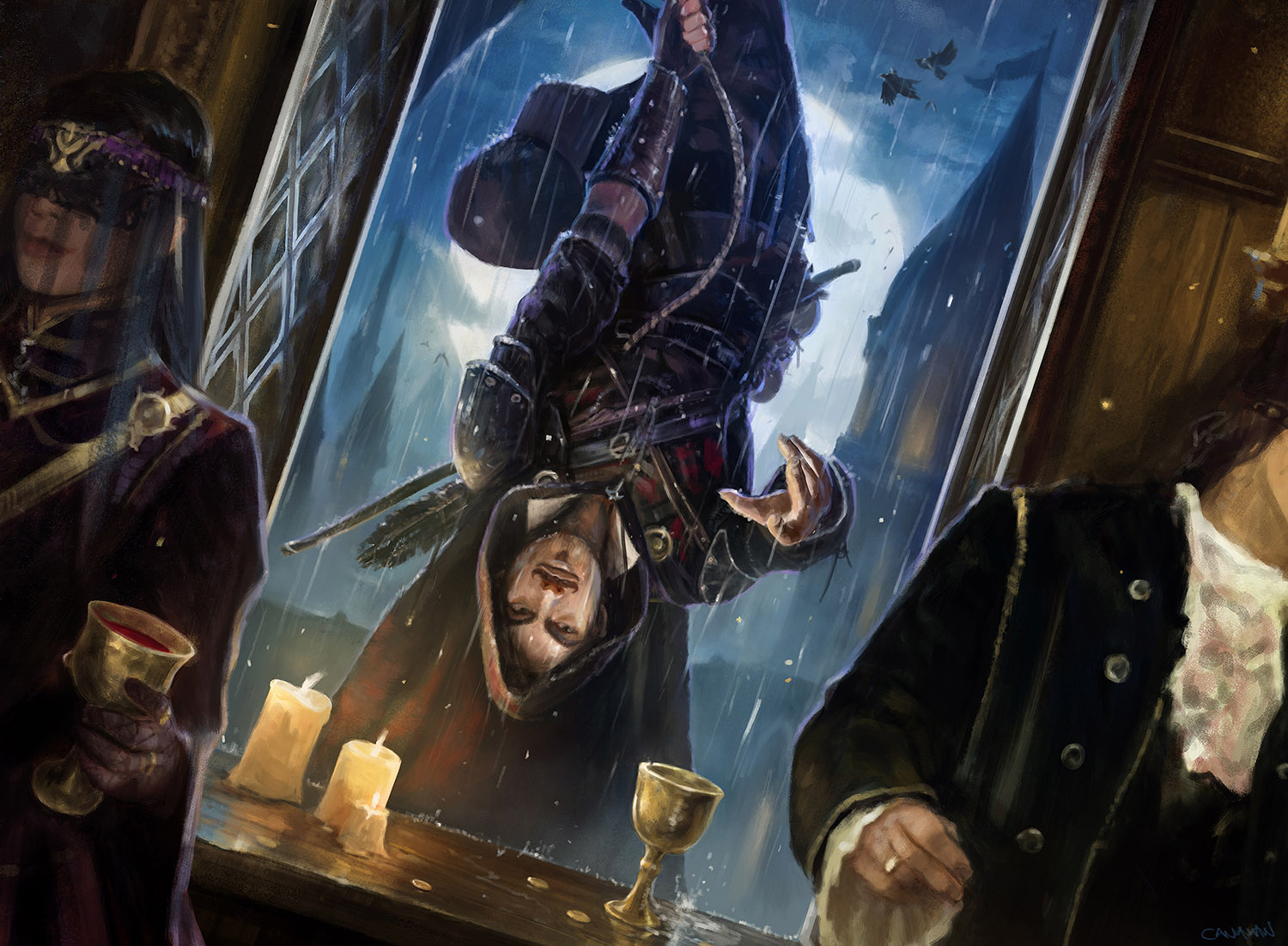


Requirements: null
Resources: null
Resolution: null
Contract Work: null
Prequest Action: null
Tool and Skill Training
Downtime can be spent putting in the time to learn a new language, trade, or skill that you are partial to or think you'll need later. You may even fine tune your skills to an even more skilled state.
Resources: Learning a skill, language, or tool proficiency costs 30 days of downtime and 1,000 gp.
Learning a standard language, an instrument, or gaming set costs half the downtime and gold. As a standard language, you can also learn a sign language for a language you know.
Standard Languages (PHB P.123)
| Common | Gnomish |
| Dwarvish | Goblin |
| Elvish | Halfling |
| Giant | Orc |
To gain expertise, you cannot have gained expertise through this activity before and must spend 45 days of downtime, and 1500gp. This is separate from any potential costs related to gaining proficiency in the skill.
Resolution: If learning a skill, select a skill from the starting skills of a class you have 3 or more levels in that you are not already proficient in. If learning a tool or language you are free to choose.
You become proficient in the skill, language, or tool that you chose.
Expertise may be gained in any skill, or tool with which you are already proficient regardless of class. However, once you gain expertise through downtime you may not do so again.
Requirements: null
Resources: null
Resolution: null
Contract Work: null
Prequest Action: null
Requirements: null
Resources: null
Resolution: null
Contract Work: null
Prequest Action: null
Work
While not common, some adventurers enjoy a simple job to make a little extra gold. The work can vary widely but you can be sure of a paycheck in the end.
Requirements: Must understand Common.
Resources: You need a minimum of 5 downtime days to perform this activity.
Resolution: Choose up to 3 of your skills that you are proficient in and make a skill or tool check for each one. Add the totals together, divide by 3 and round down.
Your character finds work doing a job that utilizes their skills and paying an amount of gold per day equal to the total.
Versatility Training
Tasha’s Cauldron of Everything grants the ability for classes to retrain certain abilities. Whenever you gain the benefits of an ASI or feat, you may retrain your abilities following the Tasha’s Cauldron of Everything guidelines. In addition, you may retrain your abilities at other times at an expense of 20 days of downtime.
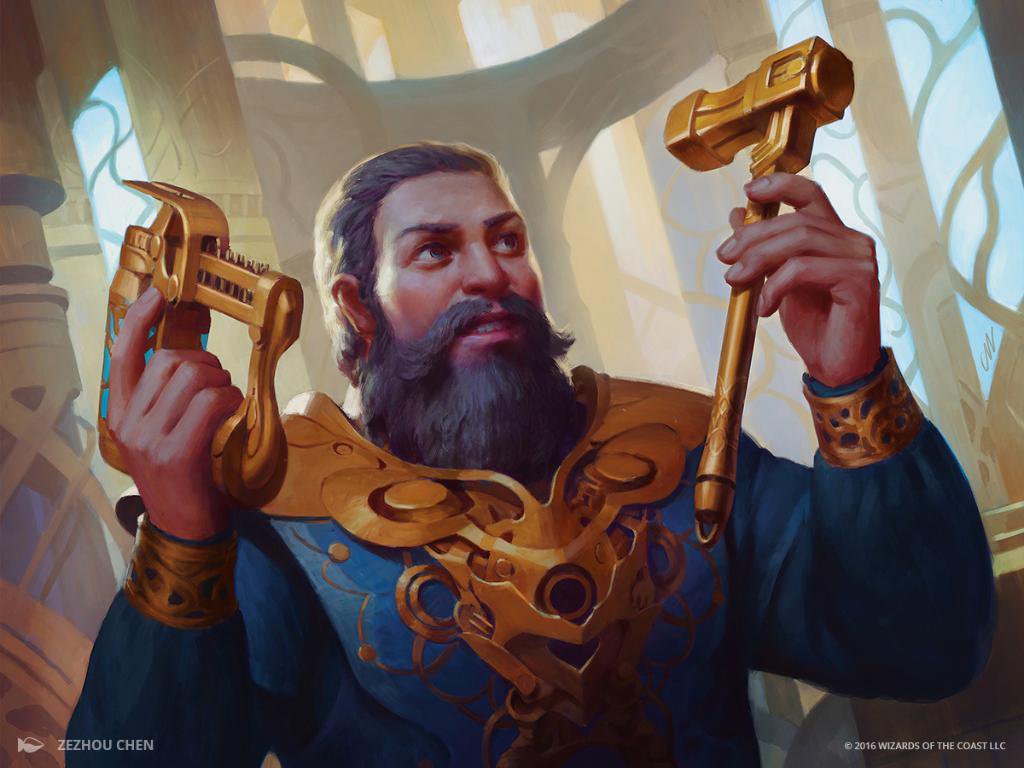

Worship
Characters with a religious bent might wish to spend their downtime in service to a temple. This activity has the chance of winning the favor of the temple’s leaders.
Requirements: The character must have an honest will to serve or assist the temple. This requires levels in a faith based class or else a specific background reason for worship.
Resources: Religious service requires 5 downtime days and no gold cost.
Resolution: The character must make a Religion check using intelligence, wisdom, or charisma. The result of the check determines what favors they then receive from the temple or their god according to the table below. You may choose to take a lesser effect and may only have 1 favor of each type at a time. All spells and effects stay in effect until you complete your quest or are dispelled.
The Natural 1 and 20 results cancel each other out and death saving throws for your next quest are rolled regularly.
Prequest Action: You may spend the day before a quest praying to your god to guide your path. You roll as normal but instead use the prequest column to determine the result. You may choose a lower effect if you desire.
BOOK OF THE RED LOTUS
PART IV, 13.51–13.59
“And Olvos said to them: “Why have you done this, my children? Why is the sky wreathed with smoke? Why have you made war in far places, and shed blood in strange lands?
And they said to Her: “You blessed us as Your people, and we rejoiced, and were happy. But we found those who were not Your people, and they would not become Your people, and they were willful and ignorant of You. They would not open their ears to Your songs, or lay Your words upon their tongues. So we dashed them upon the rocks and threw down their houses and shed their blood and scattered them to the winds, and we were right to do so. For we are Your people. We carry Your blessings. We are Yours, and so we are right. Is this not what You said?”
And Olvos was silent.”
― Robert Jackson Bennett, City of Stairs
| Check Total | Standard Outcome | Prequest Outcome |
|---|---|---|
| Nat 1 | Fated to die, you have aroused the ire of a rival god. For your next quest you have disadvantage on death saving throws | Same as Standard Outcome |
| 1-5 | The Gods are slient. No effect. | No effect. |
| 6-10 | You may ask the temple for assistance dealing with a problem or for political / social support | You receive the effects of the spell Sanctuary. |
| 11-15 | You receive DM inspiration. If you already have inspiration and this is a prequest activity you instead gain it at the end of the quest | Same as Standard Outcome |
| 16-20 | Blessing of Tongues, you have gained the honour of speaking your god's word. For the duration of your next quest your voice changes to be more like your gods and you are under the effect of the tongues spell. | Same as Standard Outcome |
| 21+ | You may reduce the cost of any cleric spellcasting by 50 percent. | You receive the effects of the Aid spell at a spell level equal to your level divided by 4 (minimum 2) |
| Nat 20 | Fated to live, you have gained the favour of your god. For your next quest you have advantage on death saving throws | Same as Standard Outcome |


Appendix A - Server Links
Avrae - D&D 5e utility bot
- Avrae Tutorial - run !intro in the #general_bot
- Avrae Commands
- Avrae Development Alias List
- Nadizak's Amazing Alias List
Character Sheets
-
Google Sheets Character Sheet - make a copy of this in your own Google Drive folder and refer to the "?" tab to answer most questions.
If you need any help feel free to ping @Helper in the #questions channel.
Server Documents
Additional links
Few additional links can only be found in the pinned messages of the #dm-discussions channels pinned messages. These links will let you access the databases for character used on the server and DM feedback.
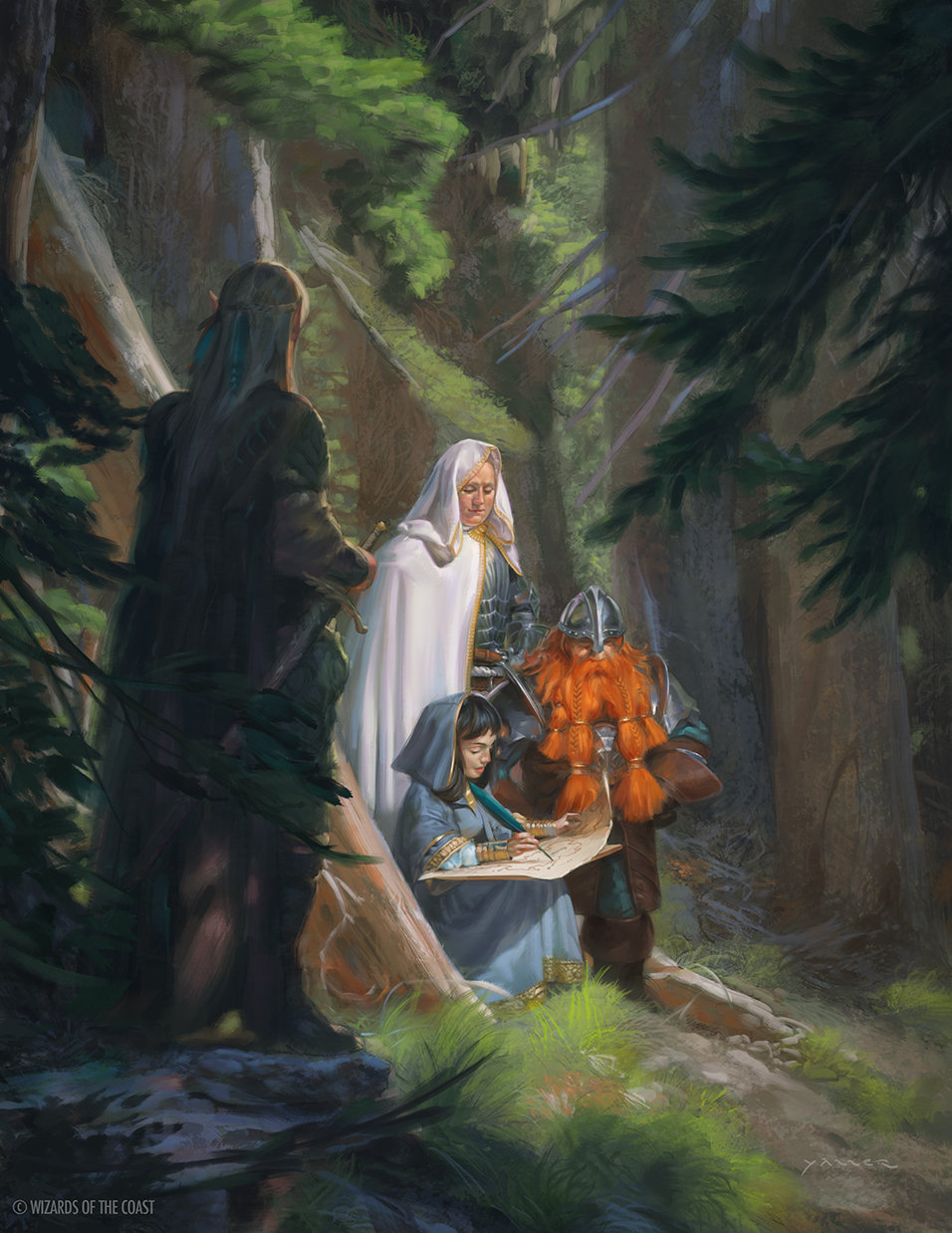

Appendix B - Change Log
-
1/5/2019 - Downtime rules released for CWM.
-
1/5/2019
- Added Intensive Training Table and formula.
- Removed old downtime tracking stuff.
- 1/8/2019
- Added Masterwork text.
- Removed percentage discount from Expertise (It was already accounted for).
- Rage advantage is only usable if it is Persistent Rage.
- Ported whole document to GMBinder.
- Updated the table of contents to direct link to section.
- 1/15/2019
- Added Noble, Sage, and Soldier backgrounds.
- Added the ability table for tool checks.
- Removed the recombining portion of the alchemy prequest action.
- Adjusted the calculation for how many days to craft a non-magic item (You now divide by a minimum of 5).
- Added an example for magic item crafting.
- 2/3/2019
- Worship activity Aid reward changed from -5+roll/2 to roll-20.
- Added text to prequest research to suggest that other checks (like charisma) are possible.
- Masterworking a weapon reduced to 5 downtime days instead of normal calculation.
- 3/25/2019
- Potion crafting is clearer. Add Poisons, Add Cooking, Add Pirate Background.
- Nerfed Magic Item Creation by adding an addition tool and level requirement.
- Nerfed aid under Worship
- 8/8/2019
- General Update: Updated the Downtime tracking command for Avrae;
- Intensive Training simplified - table show required XP to begin training;
- Added the Gladiator background feature;
- Removed the gold reduction for the Researcher background;
- Added the Peerless skill as an allowed class feature;
- Modified when Barbarian Persistent Rage is allowed;
- Reduced Brewing time by 2 days;
- Added a limit to Gambling;
- Reduced the DC of Pit Fighting;
- Added Poisoncraft;
- Minor editing.
- 4/22/2020.
- Nerf to alchemy
- Magic item creation and Alchemy and Potion Crafting now benefits from expertise.
- Secondary characters may use gold instead of downtime to add books to their spellbook.
- Ammo now comes in bundles.
- Intensive training no longer has a level requirement.
- 12/09/2020.
- Added Art to the Downtime Document
- Moved Change Log to Appendix to fit.
- 17/01/2021.
- Added additional art
- Added in quotes and other fluff
- Minor changes to the wording on worship
- 25/01/2021.
- Added additional Background Features
- Added in Building Downtime
- 17/08/2021.
- Racial Features
- Tireless Precision, Expert Forgery, Shapechanger, Powerful Build
- Class Features - Umbral Sight.
- Spell Book Duplication wording fix
- Racial Features



















- 27/11/2021.
- Class Features - Wizardly Quill
- Spell Book Duplication Wording fix again
- Extend Magic Scroll Crafting
- Correct required levels
- Alchemy and Potion Crafting
- Magic Item Creation
- Building downtime activity added repair
- Rework Tool Checks
- Blacksmithing Rewording
- Skill and Tool Training Rewording
- Skill and Tool training, Instruments and gaming sets are half-price
- 14/11/2022.
- Tools and Skill Training
- Added sign language
- Work
- Changed requirement to understand Common
- Tools and Skill Training



Colvillian
West
Marches
Last Updated
April, 2021
Art Credits
Leather Texture: Texture Palace - Link
Wizards of the Coast
- Dungeons & Dragons Artwork
- Magic the Gathering Artwork
- Used under the Wizards of the Coast's Fan Content Policy and Dungeons & Dragons Systems Reference Document
Komika Et Komishi
- Twitter @RobustaArt
- Instagram @RobustaArt
- Used for Non-commercial Purposes